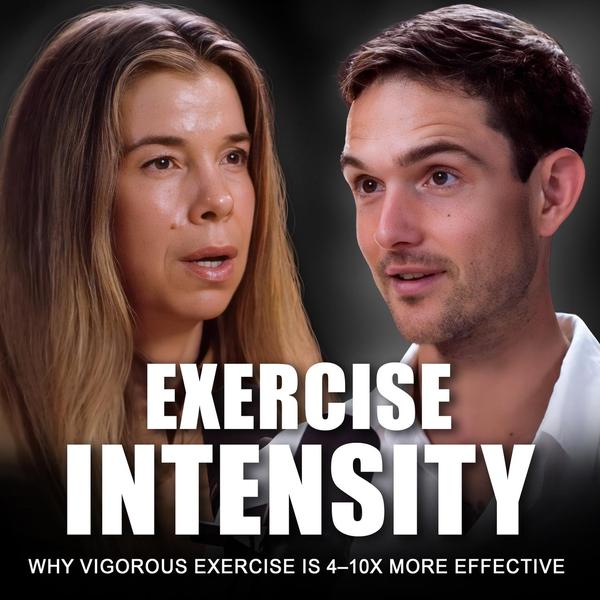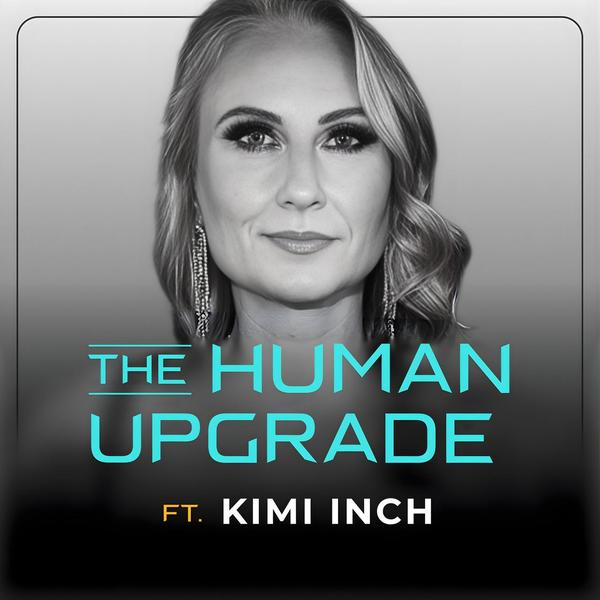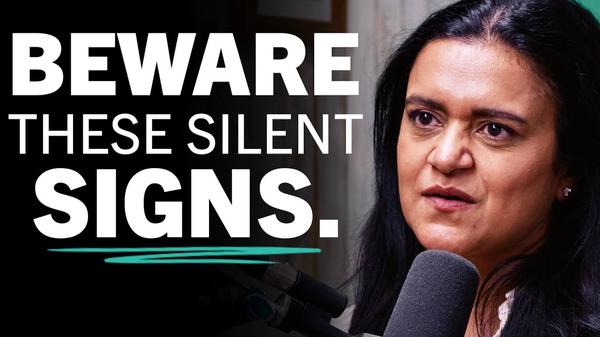#091 Andrew Huberman, PhD: How to Improve Motivation & Focus By Leveraging Dopamine
Rhonda Patrick
Jun 12, 2024
Mindsip insights from this episode:
Manage dopamine levels to maintain motivation
Think of dopamine as a depletable but replenishable wave pool, where big, effortless waves can lower your baseline motivation over time.
Grow your willpower by engaging in challenging tasks
The anterior mid-cingulate cortex, a brain area linked to willpower and tenacity, seems to increase in size and activity when we engage in effort we don't want to do.
View low solar angle sunlight in the morning to set your circadian clock
Viewing low solar angle sunlight in the morning is the optimal stimulus for setting your circadian clock because the contrast between blue and yellow/orange light robustly activates key neurons in the eye.
Replenish dopamine with Non-Sleep Deep Rest protocols
Protocols like Non-Sleep Deep Rest (NSDR) or Yoga Nidra can replenish dopamine reserves, with one study showing a 60% increase in baseline dopamine after an hour session.
Utilize cold exposure to boost dopamine levels
Deliberate cold exposure can create a remarkable and long-lasting increase in dopamine, epinephrine, and norepinephrine that persists for hours.
Activate motivation by embracing discomfort to overcome procrastination
To overcome procrastination, it can be useful to do something even more uncomfortable, like a cold plunge, to activate the generic motivation circuitry.
Reward effort to build tenacity and resilience
To build tenacity, reward the process and effort (the verbs) rather than the outcome or innate traits (the adjectives), as this attaches dopamine release to the striving itself.
Avoid effortless dopamine spikes for better mental health
Large peaks in dopamine that don't require intrinsic effort are dangerous, whereas dopamine that follows effort is generally good for us.
Limit alcohol to 0-2 drinks weekly for optimal brain health
For optimal brain health, alcohol consumption should be limited to zero to two drinks per week, as gray matter thinning increases beyond this amount.
More from
Rhonda Patrick
#108 The Best Type of Exercise for Longevity
#104 Dr. Ben Bikman: How To Reverse Insulin Resistance Through Diet, Exercise, & Sleep
#103 A Deep Dive on Using Coffee For Health & Longevity (Full Guide & Research)
#102 Why Vitamin D Deficiency Accelerates Brain Aging
#101 Dr. Andy Galpin: The Optimal Diet, Supplement, & Recovery Protocol for Peak Performance
You also might be interested in
The Hidden Damage That Happens "Behind-The-Scenes" In The Adult Entertainment Industry, With Former Adult Actress Felicity Feline
How to Set & Achieve Goals | Huberman Lab Essentials
The Science of Erotic Altered States | Biohacking Sex
Neuroscientist: If You’re Feeling THIS, You’ve Lost Touch With Your True Self
Neuroscientist: If You Feel THIS, You're Living the Wrong Life (Unlock The One You're Meant For)














